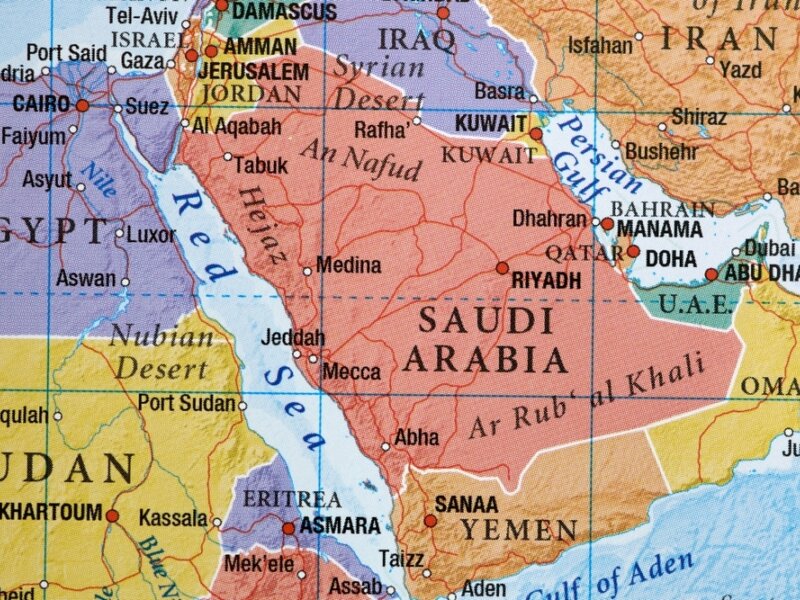Le difficoltà della politica nell’Indo-Pacifico
L’Indo-Pacifico si conferma un’area del mondo particolarmente importante per la politica americana, in cui non mancano però le difficoltà. Il punto di Guido Bolaffi

Per la politica americana nell’Indo-Pacifico ci sono impreviste ma crescenti difficoltà. Soprattutto a causa di due fattori.
Il primo è il tempo. Infatti, avvicinandosi le elezioni di midterm del prossimo novembre, nelle quali il partito del Presidente, in base ai più recenti sondaggi, potrebbe perdere almeno uno dei due rami del Congresso, aumenta in molti governi della regione la tendenza a stare – come si dice – alla finestra. Infatti, sottolineava lo scorso 5 giugno Toru Takahashi nell’articolo Biden revives U.S. focus on ASEAN, but can it last?: “One further wild card is the U.S. midterm elections on Nov. 8, which take place just before Biden’s planned visit to Southeast Asia. If the Democrats lose their majorities in the House of Representatives and Senate, Biden could become a lame duck, which would raise questions about the prospects for Biden to win reelection or have another Democrat succeed him. ASEAN is watching closely whether Biden will be able to attend the autumn summits as the leader of the superpower, both in name and in substance”.
Un problema reso ancora più complicato per l’inquilino della Casa Bianca dal fitto carnet autunnale dell’agenda “asiatica”: “The real test for Biden will come in November, when a series of summits is scheduled in Southeast Asia. Cambodia will host an ASEAN summit and related meetings from Nov. 11 to 13. This will be followed by G-20 talks in Indonesia on Nov. 15 and 16 and the Asia-Pacific Economic Cooperation (APEC) forum in Thailand on Nov. 18 and 19. If Biden were to attend all these meetings, he would have to stay in the region for 10 days or so, a long trip for any U.S. president, let alone for Biden, who will turn 80 on Nov. 20. But, this is the problem, Biden may have little choice but to attend. In fact he must hold a summit with ASEAN leaders to sign the comprehensive strategic partnership agreed earlier this year. The U.S. will also have to attend the APEC meeting as the forum’s next host country. It will also need to be at the G-20 summit after pushing Indonesia, the current chair, to invite Ukrainian President Volodymyr Zelensky”.
Il secondo, che rischia di essere il vero tallone d’Achille della politica di Biden nel sud est asiatico, è stato sintetizzato da Shigesaburo Okumura, Editor-in-chief di Nikkei Asia, semplicemente ricordando quanto scriveva anni fa Samuel Huntington in The Clash of Civilizations and Remaking of World: “What the West sees as universal, the non-West sees as Western”. Tanto è vero che secondo l’ex segretario agli Affari esteri di Singapore Bilahari Kausikani: “Not every country in this region finds every aspect of Western democracy universally attractive, nor does it find every aspect of Chinese authoritarianism universally abhorrent [...] The World is a much more complex place”.
Un concetto ripreso mesi addietro dal talentuoso Ministro degli Esteri indiano Jaishankar, che, interrogato se la collocazione della politica estera del suo paese “pendeva” a favore del polo egemonizzato dagli USA o di quello guidato da Pechino, aveva risposto, con evidente stizza, che l’India non era tenuta a scegliere l’uno o l’altro perché: “This is the construct you are trying to impose on me and I don’t accept it [...] I am one-fifth of the world’s population, I am today the fifth or the sixth largest economy in the world, I mean forget the history, civilisation bit, everyone knows that I am entitled to have my own side”.
Per la politica americana nella regione a questi complicati ostacoli “culturali” se ne aggiungono, purtroppo, altri pesantemente “materiali”, come dimostra l’esito del recente summit U.S-ASEAN: “at the summit with leaders of the ASEAN in Washington on May 12 and 13 Biden pledged to invest $150 million in the region [...] this announced financial assistance was only a tenth as large as Chinese President Xi Jimping promised at his summit with ASEAN leaders last November”.
Uno scarto che Endy Bayuni del Jakarta Post ha fotografato in questi termini: “While ASEAN and U.S. are on the same page on the Indo-Pacific, they are not necessary in the same boat”.



